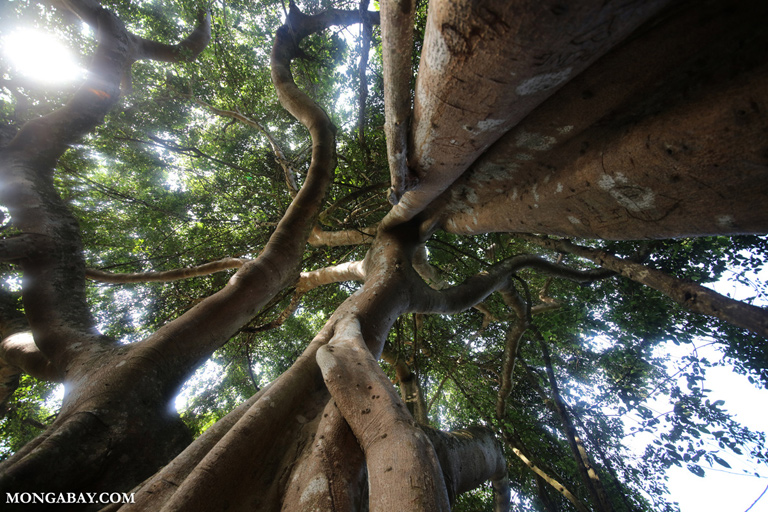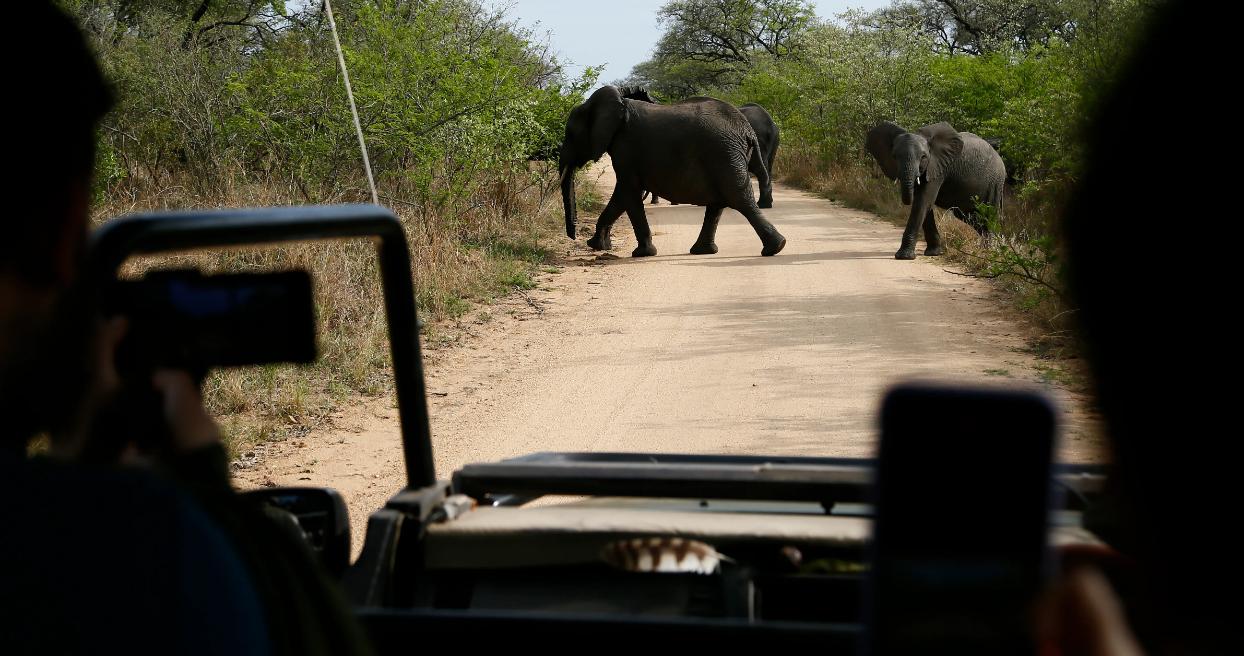Beijing, once among the most polluted cities globally, has significantly improved its air quality over the past two decades, with its experience possibly providing Hanoi with valuable insights into the severe air pollution that the Vietnamese capital is enduring.

Special Report: Civil society increasingly shapes forest laws in the Mekong region
On September 1, 2020, RECOFTC (Regional Community Forestry Training Center) released a new report titled “Civil society increasingly shapes forest laws in the Mekong region”, focusing on how countries across the Mekong region are opening up decision-making processes to civil society as they reform policies and laws governing forests.
This special report includes three chapters, exploring why participation matters, how it is happening, what challenges prevent more effective participation, and how to overcome them. It highlights stories from Cambodia, Lao PDR, Myanmar, Thailand, and Viet Nam.
Imagine waking up one day and being told you no longer have a right to live in the village where you, your parents, and even your grandparents were born, because decision-makers in a distant city had allocated the land as a national park. Or imagine being told you can’t use timber from trees you have planted in your own garden. Imagine feeling powerless when a logging company arrives in your area and says that it, not your community, has rights to the trees there.
Across the Mekong region of Southeast Asia, problems such as these have long affected communities that depend on forests for survival and are often already marginalized and living in poverty. But in recent years, the governments of the Mekong countries have increasingly listened to the concerns of communities and civil society organizations (CSOs) that represent their interests. These governments have started to let civil society groups provide input as they reshape policies and laws governing forests.
Hoang Xuan Thuy, the vice-director of People and Nature Reconciliation (PanNature), says Vietnam has also become more open in recent years. Now, when government agencies develop a new policy or law, they seek the views of relevant stakeholders and the wider public.
“When they have a draft, they put it online and anyone can download it, organize a consultation and provide comments to the government agency,” says Thuy. “When the government agency submits the draft law to the National Assembly for approval, they need to provide what feedback they have received and explain what they have taken into account and what they have not. They publish that on their website as well. These requirements provide room for engagement.”
To influence policy processes, PanNature will often organize consultation workshops to gather the views of forest stakeholders or will join technical working groups set up by government agencies to help them develop policies.
“For revisions of the law, government agencies will invite different organizations to discuss what they should revise, what gaps to fill, and what research they need to do to develop policy,” says Thuy. “When Vietnam developed its new Forest Law of 2017, we successfully advocated for the law to recognize sacred forests managed by communities.”
The report was produced under the EU-funded Voices for Mekong Forests (V4MF) project.
Read the full report here.
|
Voices for Mekong Forests (V4MF) is an EU-funded project that aims to strengthen the participation of non-state actors in forest landscape governance. RECOFTC leads the project in partnership with WWF-Greater Mekong, the East-West Management Institute-Open Development Initiative (EWMI-ODI), Nature Economy and People Connected (NEPCon), the NGO Forum on Cambodia, the Lao Biodiversity Association, the Myanmar Environment Rehabilitation-conservation Network (MERN), Raks Thai Foundation and People and Nature Reconciliation (PanNature). The EU’s support for V4MF is part of its wider promotion of sustainable forest management and biodiversity conservation. Its commitment to strengthening the role of non-state actors in forest governance aligns well with best practices arising from the EU Forest Law Enforcement, Governance and Trade (FLEGT) Action Plan on illegal logging and associated trade, and from the UN-led REDD+ initiative, which aims to reduce greenhouse gas emissions from the forest sector in order to help address climate change. |



